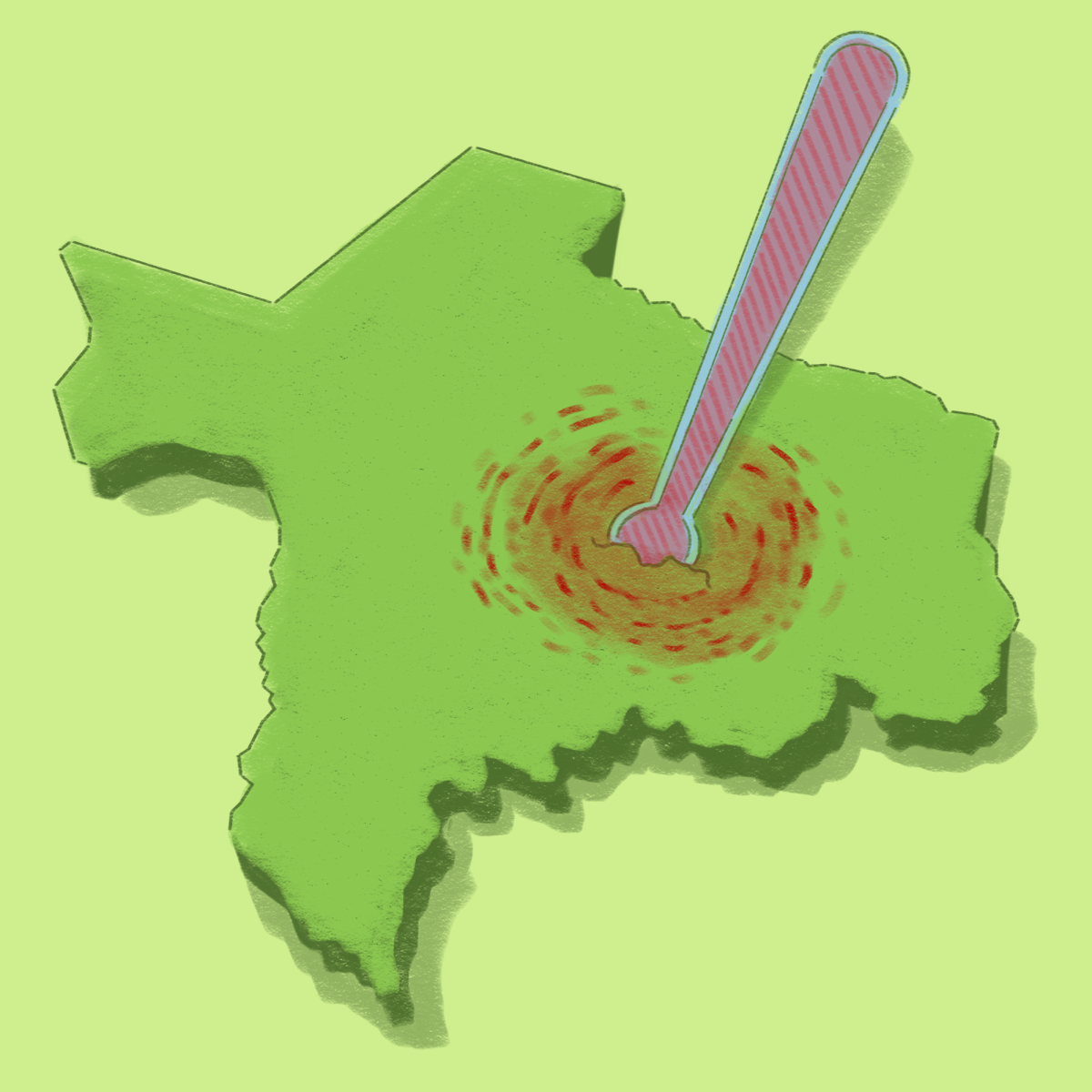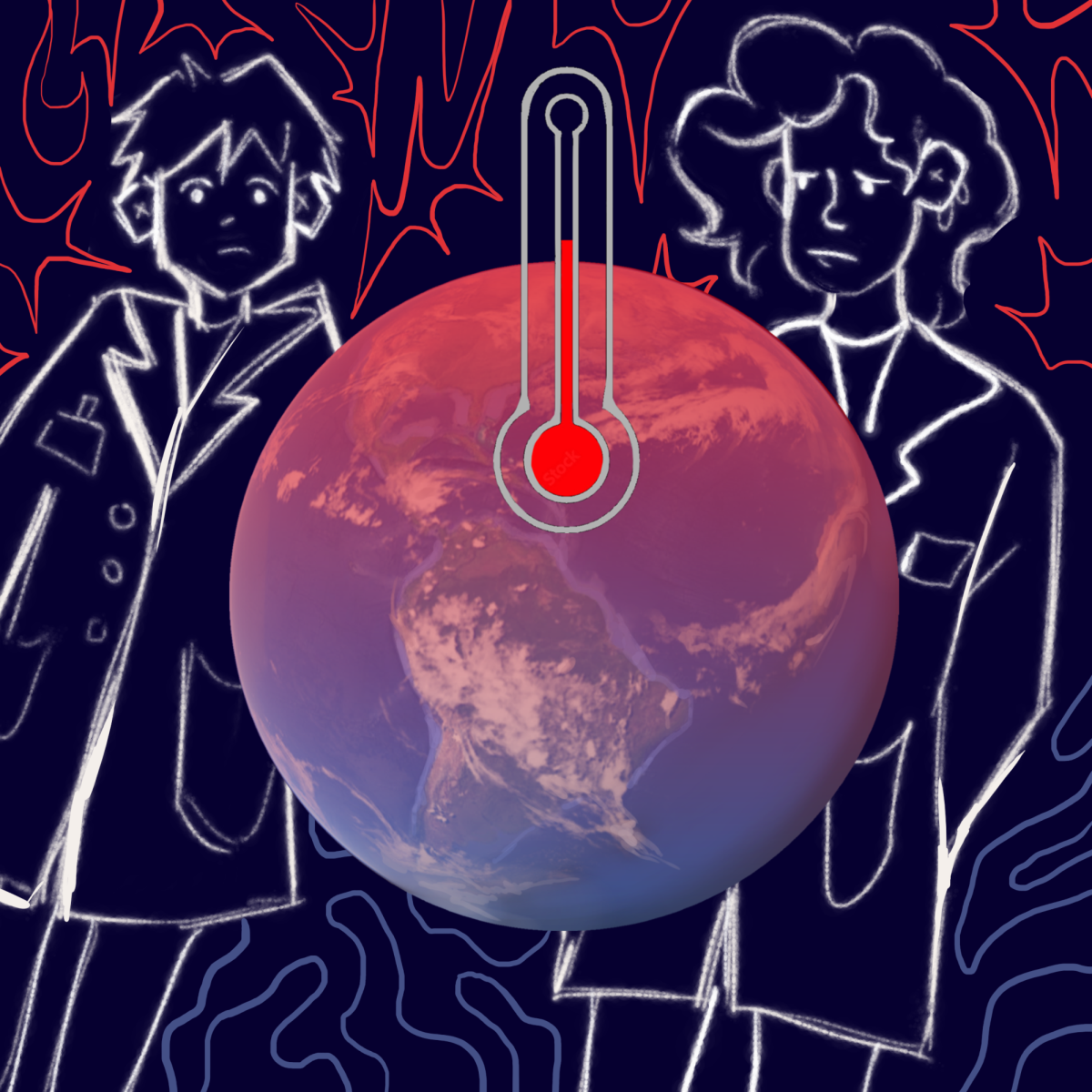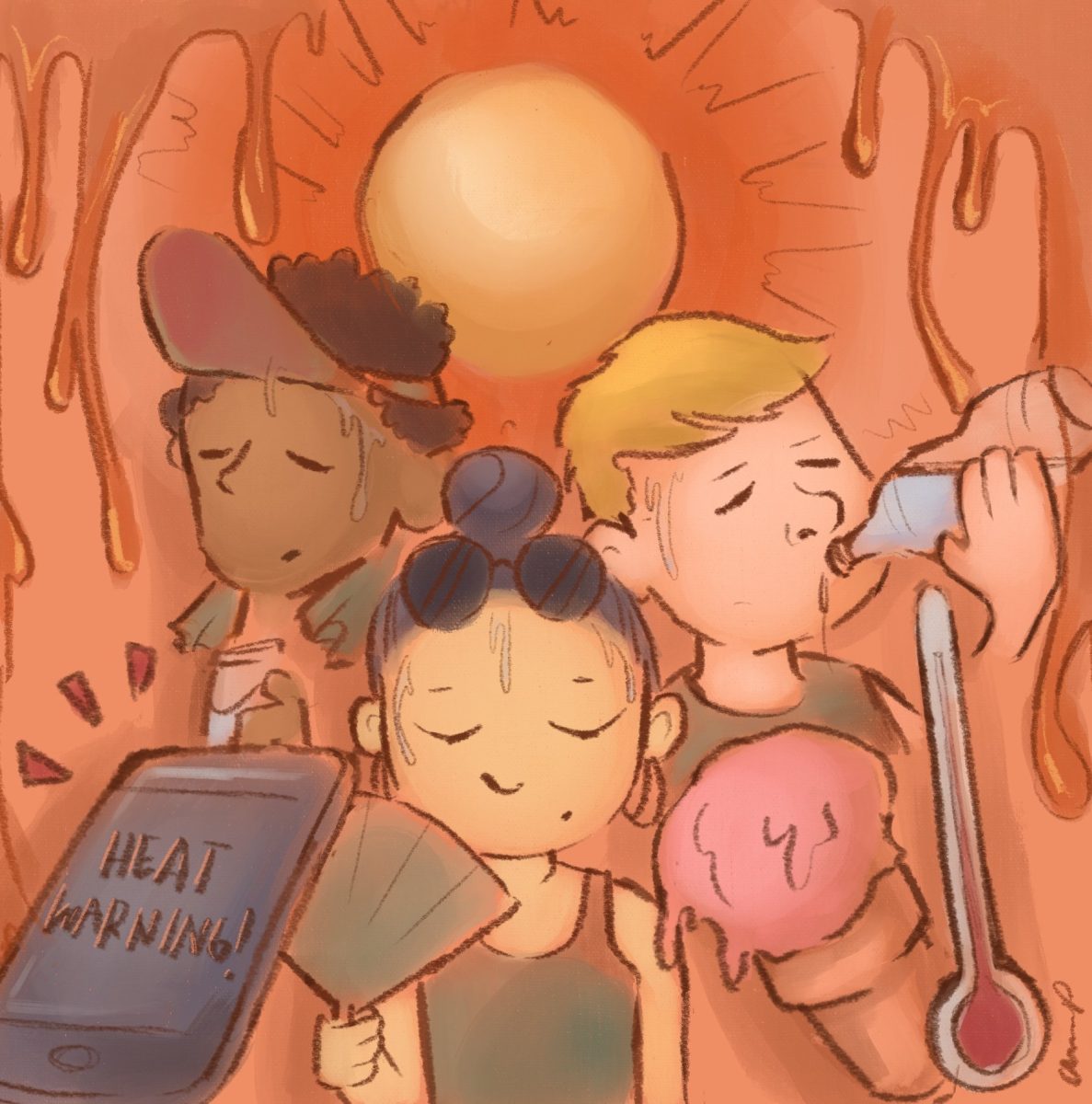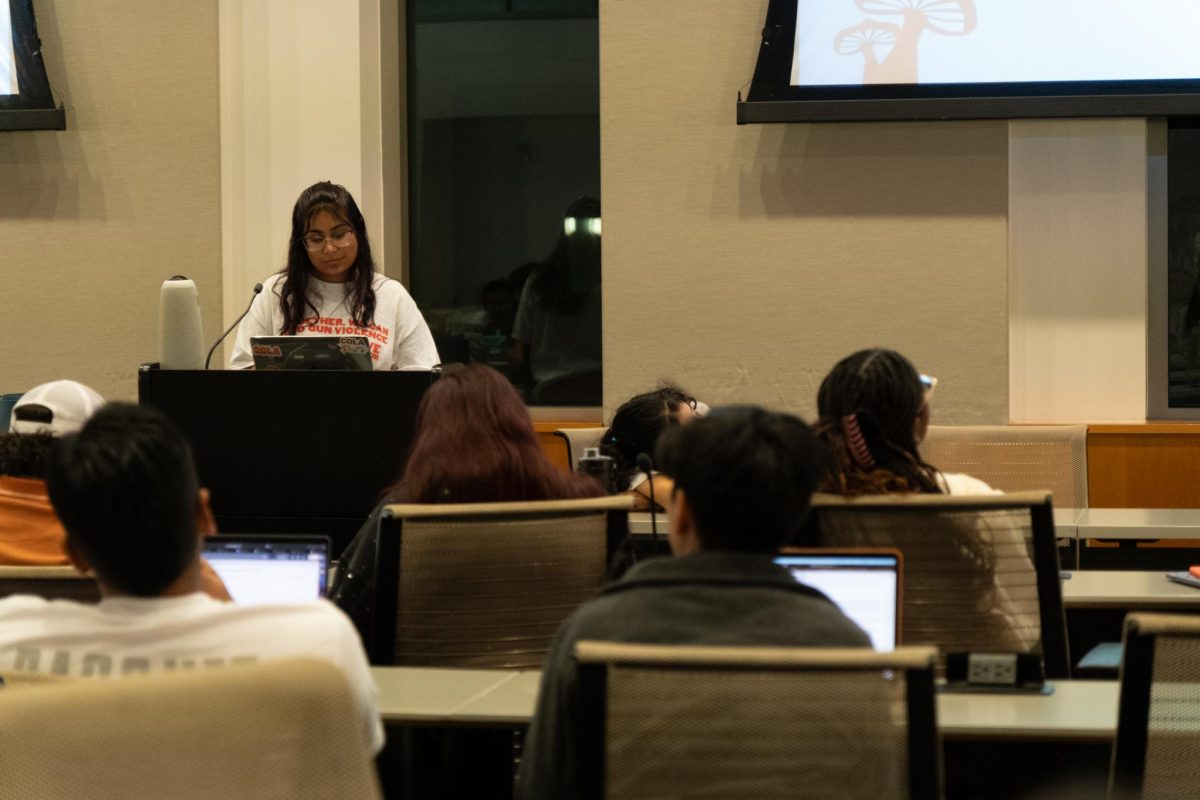The City of Austin is projected to see hotter and more extreme temperatures, longer heat waves and fewer periods of colder weather due to climate change over the next century, according to the first report of a UT lab made in collaboration with the city.
The UT-Climate City CoLab is a collaborative effort between UT climate scientists and the city to help bridge the gap between climate science and policymaking in Austin, said Allysa Dallmann, city climate program coordinator of the TeXus Lab under the Jackson School of Geosciences.
At the beginning of June, the CoLab released its first technical report, outlining climate projections throughout the next century. Geoscience professor Zong-Liang Yang said the CoLab based their research on analyzing computer models from global climate modeling centers and then processed and downscaled that data to a local level. According to the report, Austin is expected to see more extreme weather and variability in its climate.
“The biggest topic was heat,” Dallman said. “The first (report) we produced was for the summer, which just gave me an overall estimation that (at) the beginning of summer, it’s not going to be as hot, but as we ramp up towards the end of the summer period, it’s going to be a lot hotter.”
Alongside the climate report, the CoLab also released a Heat Resilience Playbook, which outlines resources available to help build heat resilience within Austin, Dallman said. The CoLab is also working on various ongoing climate projects, including creating a thermal map of Austin that would provide safe, shaded routes for people to take during the summer to be less exposed to the sun during peak heat hours.
Yang said the CoLab team wants to push the initiative of providing practical solutions for the public to understand better and adapt to climate change.
“We have been working really well. And we are actively having more people,” Liang said. “ … I think (the lab) is a really dynamic, productive, fulfilling environment.”
Dallman said the CoLab initiative aims to help connect the community to local climate projects happening in Austin.
“There is a need to understand climate on that localized scale, and that’s what we’re trying to focus on,” Dallman said. “And then essentially, what we’re trying to do is build this into a framework that can be translated into other urban spaces as well, so then other cities can start doing the same things as well, and then overall, we can see the change on that larger scale.”




















